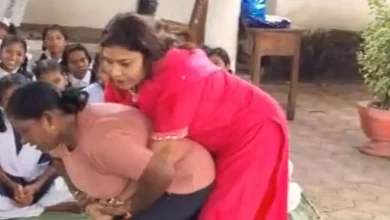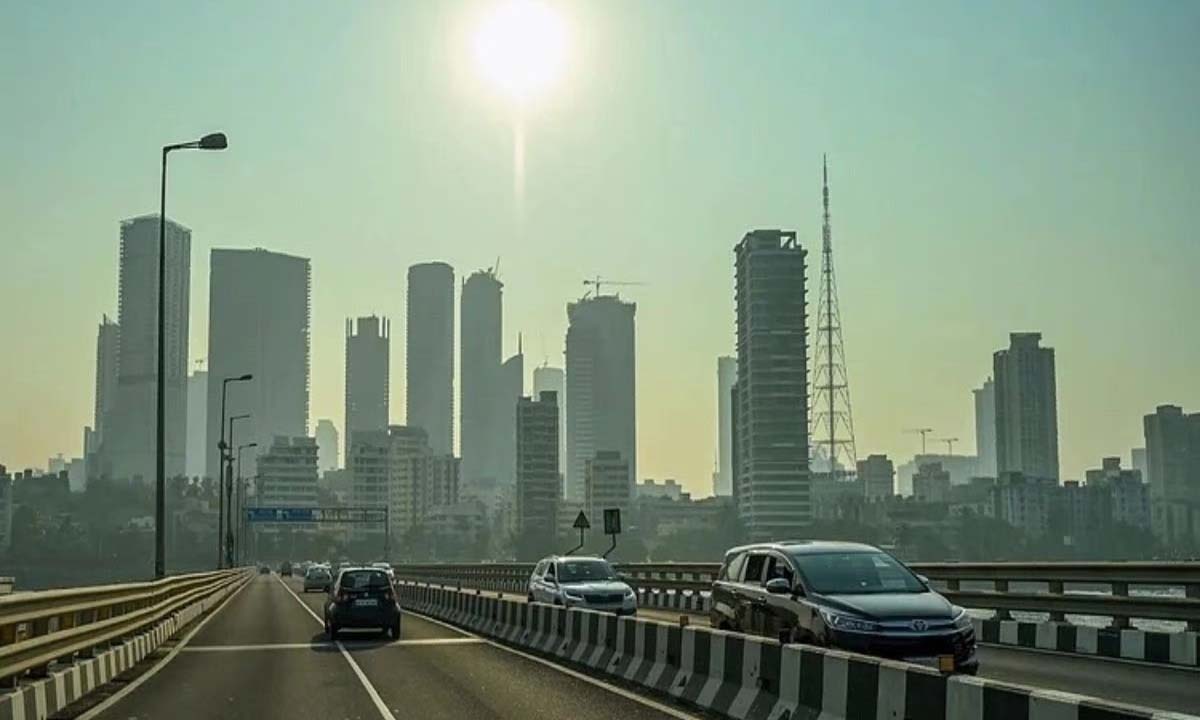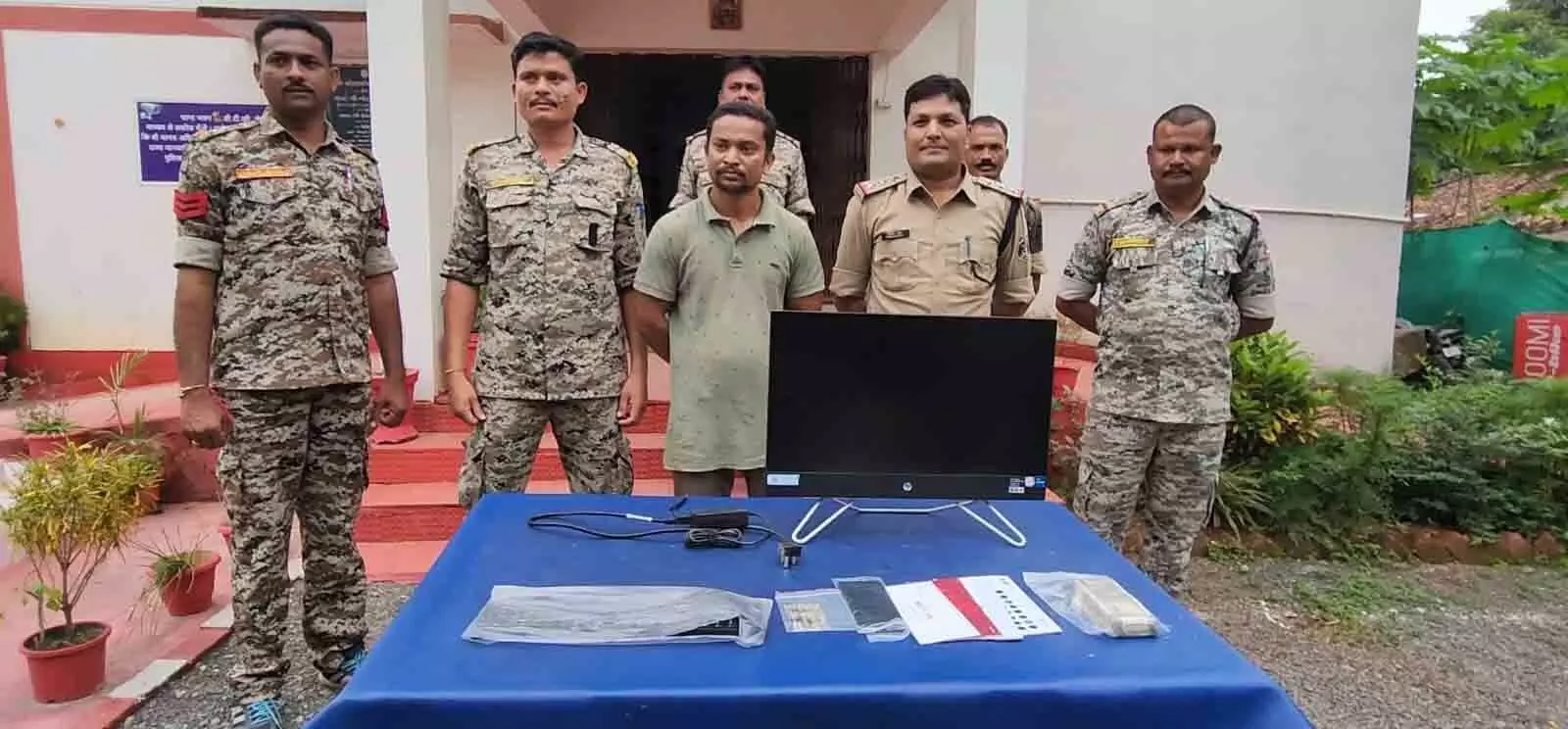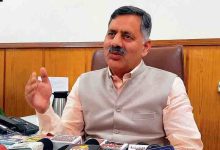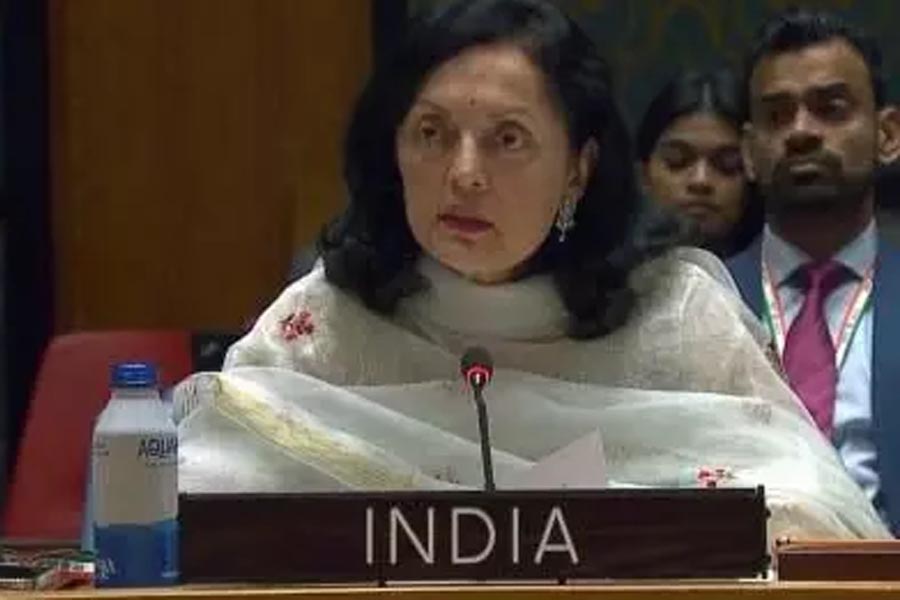
United Nations: India has indirectly criticized Russia for scrapping the UN-sponsored Black Sea Grain Agreement to allow shipments of food grains and agriculture. Speaking at the General Assembly’s regular meeting on Ukraine on Tuesday, India’s Permanent Representative Ruchira Kamboj said: “We are concerned by the recent developments in the region, which have not helped in achieving the larger objective of peace and stability. Reports of attacks on civilians and civilian infrastructure are extremely worrying.”
Over the past two days, Russia launched a drone and missile attack on the Ukrainian port of Odessa, while a Russian attack partially destroyed a bridge linking the mainland to the occupied region of Crimea. Amid these developments, Russia withdrew from the Black Sea Grain Agreement to allow shipments of food grains and agriculture-related products through the Black Sea. Kamboj said: “India supports the efforts of the UN Secretary-General (Antonio Guterres) in continuing the Black Sea Grain Agreement, and looks forward to an early resolution of the current impasse.”
Maintaining New Delhi’s delicate balance on the Ukraine issue, Kamboj did not name any country. But he reiterated Prime Minister Narendra Modi’s oft-quoted statement, “This is not an era of war”, which has been interpreted as a criticism of Russia. “In light of my Prime Minister’s repeated conversations with both sides, it is necessary to emphasize that we firmly believe that this is not an era of war.”
Modi is in touch with both the Presidents, Vladimir Putin of Russia and Vladimir Zelensky of Ukraine. In another criticism of Moscow over the invasion, Kamboj said: “The global order to which we all subscribe is based on international law, the United Nations Charter and respect for the territorial integrity and sovereignty of all states. These principles must be upheld without exception.”
He indirectly criticized Moscow for thwarting the Black Sea Grain Initiative. “The voices of the people of the Southern Hemisphere must be heard and their legitimate concerns addressed appropriately,” he said.
Putin raised fears of a denuclearization of the battlefield by announcing last month that Russia had placed strategic nuclear weapons in its ally Belarus, bordering Ukraine. Reacting to the development, General Assembly President Csaba Korosi warned, “We cannot play with nuclear weapons.” Nuclear rhetoric must stop. Nuclear weapons will not solve any conflict.
He also referred to the Zaporizhia nuclear power plant in Russian-occupied territory, which is prone to sabotage and accidents. Korosi said, “Due to this war, the risk of catastrophic disaster or accident is increasing every day. In the midst of this turmoil, the threat of a nuclear catastrophe looms large over our heads – Europe’s largest nuclear power plant is located in a conflict zone, which presents an imminent danger.”











